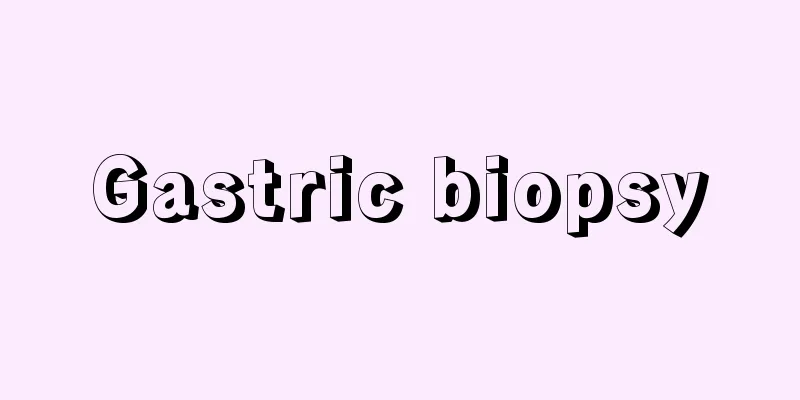Polar Compounds - Polar Carbide
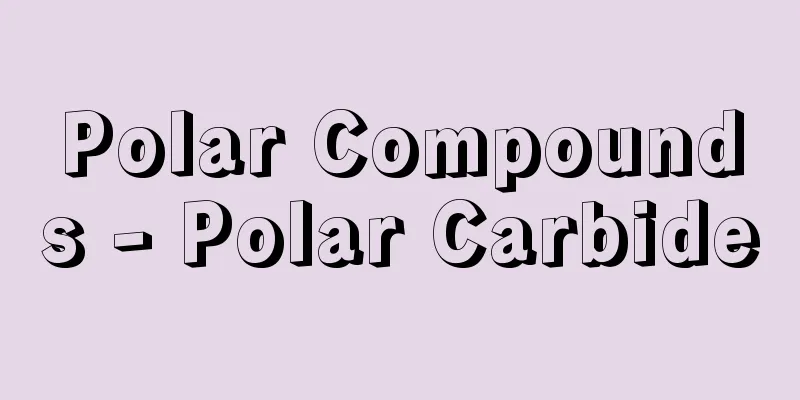
|
A compound with polarity within the molecule. Not only compounds formed with ionic bonds, but even covalent compounds, when made of different elements, will have a bias in the distribution of electrons in the bonds due to differences in electronegativity, and the centers of gravity of the positive and negative charges will no longer coincide, resulting in a polar compound. Polar compounds generally have a large dipole moment. Even if the bonds have polarity, if it is cancelled out and not visible in the molecule as a whole, the compound is often still called a polar compound. Source: Morikita Publishing "Chemical Dictionary (2nd Edition)" Information about the Chemical Dictionary 2nd Edition |
|
分子内に極性を有する化合物.イオン結合からなる化合物はもちろん,共有結合性化合物でも,異なる元素からなるときは,電気陰性度の違いのために結合に電子分布の偏りが生じ,正負の電荷の重心が一致しなくなって極性化合物になる.極性化合物は,一般に大きな双極子モーメントを有する.結合に極性があっても,分子全体としては打ち消されて認められない場合も,その化合物を極性化合物とよぶことが多い. 出典 森北出版「化学辞典(第2版)」化学辞典 第2版について 情報 |
Recommend
Superstructure - Überbau (English) German
From the standpoint of historical materialism (Ma...
Burgos - Burgos (English spelling)
Burgos is the capital of the province of Burgos i...
Mammon (English spelling)
A Christian term referring to the personification ...
Meals - Meals
Humans habitually eat their main food for surviva...
Kinome Dengaku - Kinome Dengaku
A dish made by rubbing miso paste with young Japan...
Sugar cane (sugar cane) - sugar cane (English spelling)
Also known as kansho (sugar cane; conventional rea...
Lampard, DG (English spelling)
…Based on the principle discovered by AMThompson ...
Senecio pierotii (English spelling) Seneciopierotii
…[Hiroji Koyama]. . … *Some of the terminology th...
seta
…If you follow this flow of hair in the opposite ...
Flat-headed horsefly - Flat-headed horsefly
This is the general name for insects that appear t...
Action game (English)
A type of computer game in which players quickly c...
Privy Council (English notation)PrivyCouncil
…The word cabinet was borrowed from French as a n...
Hitachi Mine
This copper mine was located in Hitachi City, nor...
Turquino, Pico (English spelling) TurquinoPico
… [Nature] About 60% of the country's land ar...
Red-billed hornbill - Red-billed hornbill
...Length is 38-125cm. The smallest species is th...
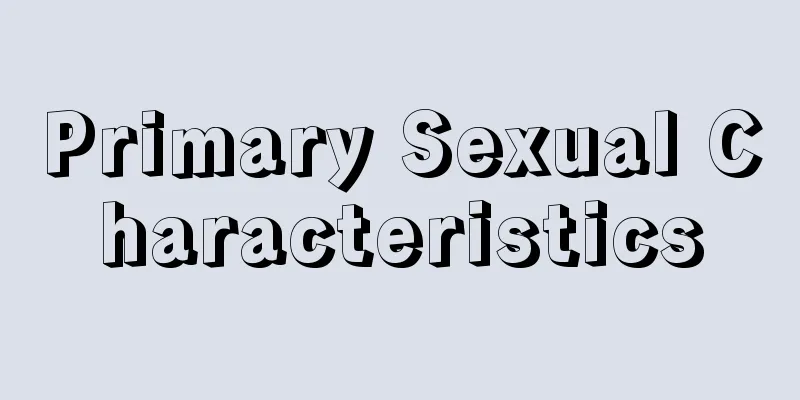
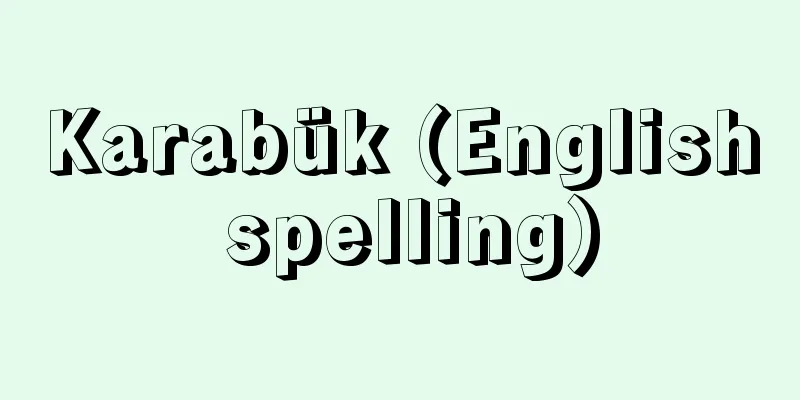
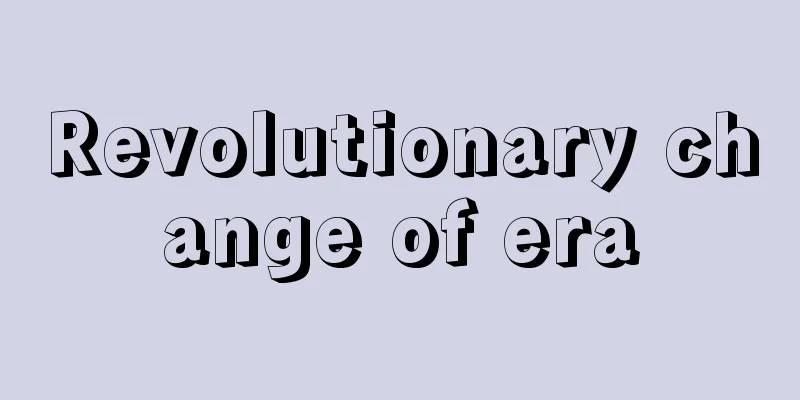
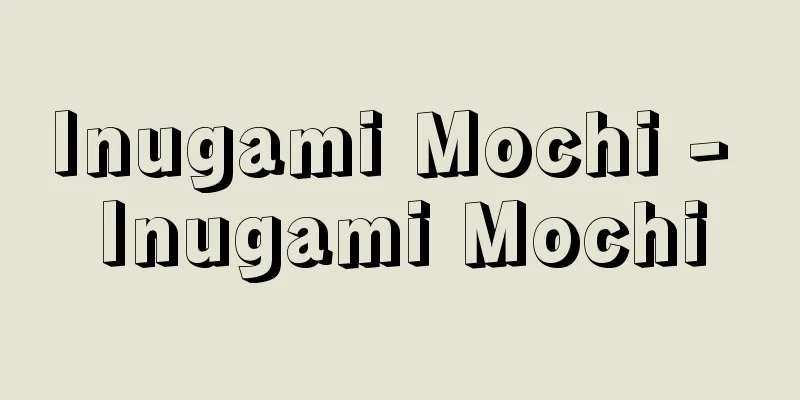
![Jigokudani [Hot Spring] - Jigokudani](/upload/images/67cbbf7f6f872.webp)

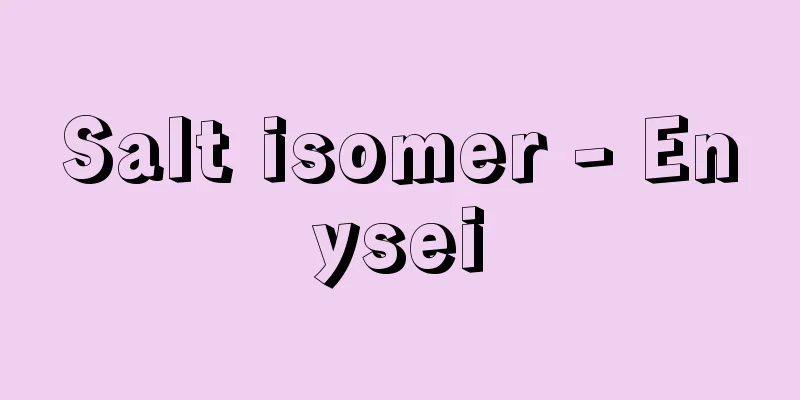
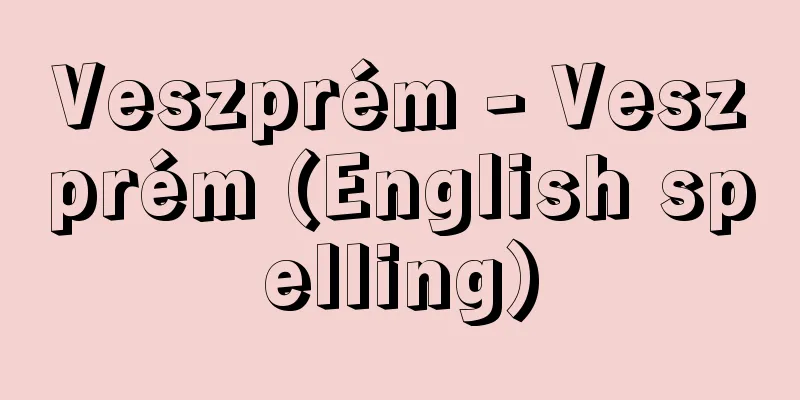
![Kushikino [city] - Kushikino](/upload/images/67cb67e4c3cac.webp)
